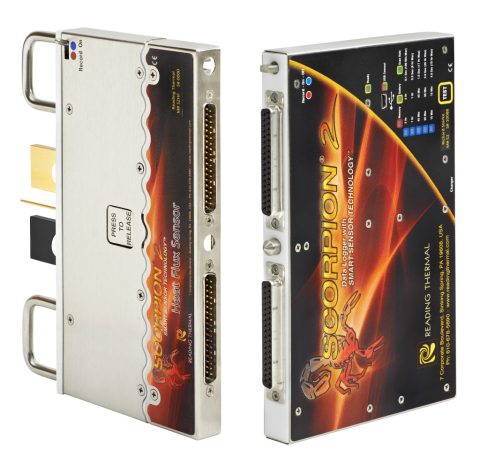Data logging is an essential tool for commercial baking troubleshooting. Reading Thermal data logging technology prevents baking failures by enabling proactive problem identification. By continuously monitoring critical variables such as temperature, humidity and heat distribution, data logging allows bakers to detect issues before they escalate. Here’s a closer look at the benefits.
Enhancing Process Consistency
Consistency is crucial in baking, particularly in commercial operations where large quantities of products are produced daily. Data logging ensures that each batch is baked under the same conditions, leading to uniform results. By recording data from successful batches, bakers can create a blueprint for future bakes, ensuring that the same conditions are replicated each time. This consistency is vital for maintaining customer satisfaction, as it guarantees that products will look, taste, and feel the same every time they are purchased.
Reducing Waste and Increasing Efficiency
Baking failures not only result in wasted products but also waste valuable time and resources. Data logging helps reduce these failures by providing bakers with the information they need to maintain optimal baking conditions. By monitoring variables such as temperature and humidity in real time, data logging allows bakers to make quick adjustments that prevent issues like undercooking or overbaking. This reduction in waste leads to more efficient use of ingredients and energy, ultimately lowering operational costs and increasing profitability for the bakery.
Supporting Continuous Improvement
Data logging isn’t just about preventing failures in the moment; it also supports continuous improvement in the baking process. Bakers can identify trends and patterns that may indicate areas for improvement. For example, if a particular type of bread consistently overbakes at a certain temperature, the data can reveal this issue, allowing bakers to adjust the temperature or baking time accordingly. This iterative process of refining and optimizing the baking process leads to better products and more efficient operations.
Ensuring Compliance with Industry Standards
Compliance with industry standards is a critical aspect of any bakery’s operations. Data logging helps ensure that all baking processes adhere to these standards by providing a comprehensive record of baking conditions. This documentation is invaluable during inspections or audits, as it demonstrates that the bakery follows best practices and maintains the highest quality standards. By preventing baking failures through data logging, bakers can avoid the risks associated with non-compliance, such as fines, recalls, or damage to their reputation.
Pinpointing the Problem
When baking failures do occur, data logging provides invaluable information that can help troubleshoot the problem. By reviewing logged data, bakers can pinpoint where the process went wrong and make informed decisions on how to prevent similar issues in the future. For example, if a batch of bread fails to rise properly, the data may reveal that the oven temperature was too low or that humidity levels were too high. This ability to troubleshoot effectively is essential for maintaining high standards and continuously improving the baking process.
Supporting Product Development
Data logging also plays a crucial role in product development. When experimenting with new recipes or baking techniques, data logging provides detailed insights into how different variables affect the final product. Logging temperature and humidity data during the baking of a new type of pastry helps bakers determine the optimal conditions for achieving the desired texture and flavor. This information allows bakers to fine-tune their processes and create new products that stand out in the market. In a competitive industry, the ability to innovate and consistently produce high-quality products is essential for long-term success.
Find out more about how our technology aids in commercial baking troubleshooting by using our online form or calling Reading Thermal at 610-678-5890.

